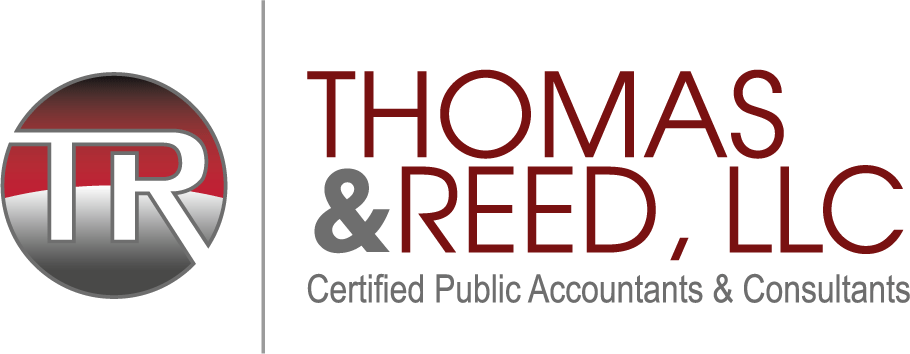Crowdfunding is a method of raising money through websites by soliciting contributions from a large number of people. The contributions may be solicited to fund businesses, for charitable donations, or for gifts. Sometimes, the money raised through crowdfunding is solicited by crowdfunding organizers on behalf of other people or businesses. In other cases, people establish crowdfunding campaigns to raise money for themselves or their businesses.
Form 1099-K and crowdfunding
If the amount raised through crowdfunding meets certain limits, the crowdfunding website or its payment processor may be required to report distributions of money raised by filing Form 1099-K, Payment Card and Third Party Network Transactions, with the IRS.
If required to file a Form 1099-K with the IRS, the crowdfunding website or its payment processor must also furnish a copy of that form to the person to whom the distributions are made. The American Rescue Plan Act (ARPA) clarifies that the crowdfunding website or its payment processor is not required to file Form 1099-K with the IRS or furnish it to the person to whom the distributions are made if the payments are not made in exchange for goods or services.
The reporting thresholds for a crowdfunding website or payment processor to file and furnish Form 1099-K are:
- Calendar years 2023 and prior – Form 1099-K is required if the total of all payments distributed to a person exceeded $20,000 and resulted from more than 200 transactions.
- Calendar year 2024 – The IRS announced a plan for the threshold to be reduced to $5,000 as a phase-in for the lower threshold provided under the ARPA.
Note: The ARPA lowered the reporting threshold for third party settlement organizations (TPSOs) so that TPSOs are only required to report on Forms 1099-K if the total of all payments distributed to a payee in a calendar year exceeds $600, regardless of the number of transactions. However, implementation of this lower threshold has been delayed.
Crowdfunding distributions may be made to the crowdfunding organizer, or directly to individuals or businesses for whom the organizer solicited funds. A Form 1099-K must be filed with the IRS and furnished to the person or entity that received the payments if the reporting threshold is met for the year in which the distributions were made.
The person receiving a Form 1099-K for distributions of money raised through crowdfunding may not recognize the filer’s name on the form. Sometimes the payment processor used by the crowdfunding website, rather than the crowdfunding website itself, will furnish the Form 1099-K and will be listed as the filer on the form. If you receive a Form 1099-K and don’t recognize the filer’s name or the amounts included on the Form 1099-K, you can use the filer’s telephone number listed on the form to contact a person knowledgeable about the payments reported.
Tax treatment of money raised through crowdfunding
Under federal tax law, gross income includes all income from whatever source derived unless it is specifically excluded from gross income by law. Whether crowdfunding distributions are includible in the gross income of the person receiving them depends on all the facts and circumstances of the distribution.
In most cases, property received as a gift is not includible in the gross income of the person receiving the gift.
If crowdfunding contributions are made as a result of the contributors’ generosity, and without the contributors receiving or expecting to receive anything in return, the amounts may be gifts and therefore may not be includible in the gross income of those for whom the campaign was organized. But some contributions to crowdfunding campaigns are not necessarily a result of detached and disinterested generosity, and therefore may not be gifts. Additionally, contributions to crowdfunding campaigns by an employer for the benefit of an employee are generally includible in the employee’s gross income.
If a crowdfunding organizer solicits contributions on behalf of others, distributions of the money raised to the organizer may not be includible in the organizer’s gross income if the organizer further distributes the money raised to those for whom the crowdfunding campaign was organized.
Because determining the taxable status of funds received as part of a crowdfunding campaign can be complicated, we encourage you to contact our office if you find yourself the beneficiary or organizer of such a campaign. We can look at all the facts and circumstances involved, and help you determine how to handle these funds.
